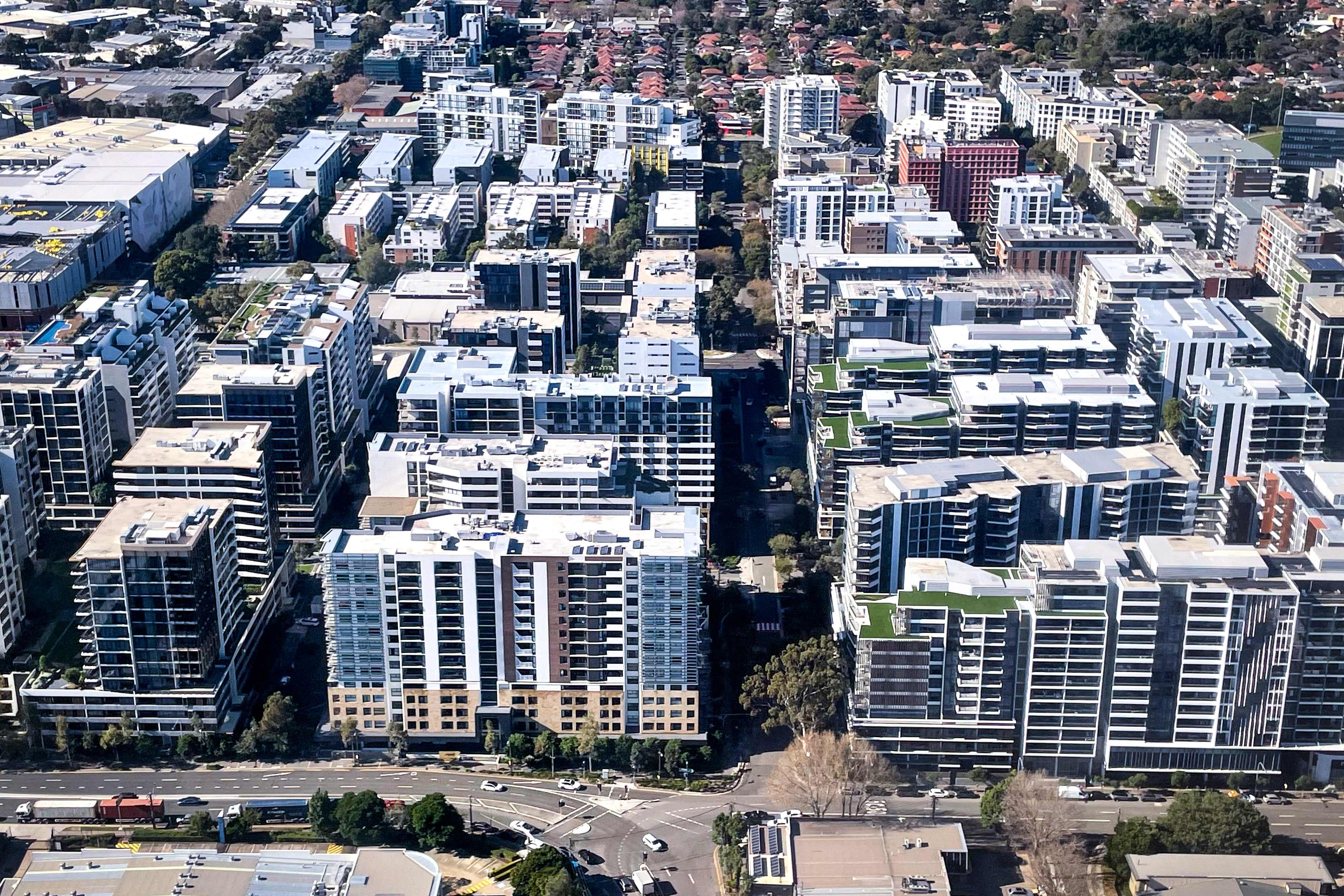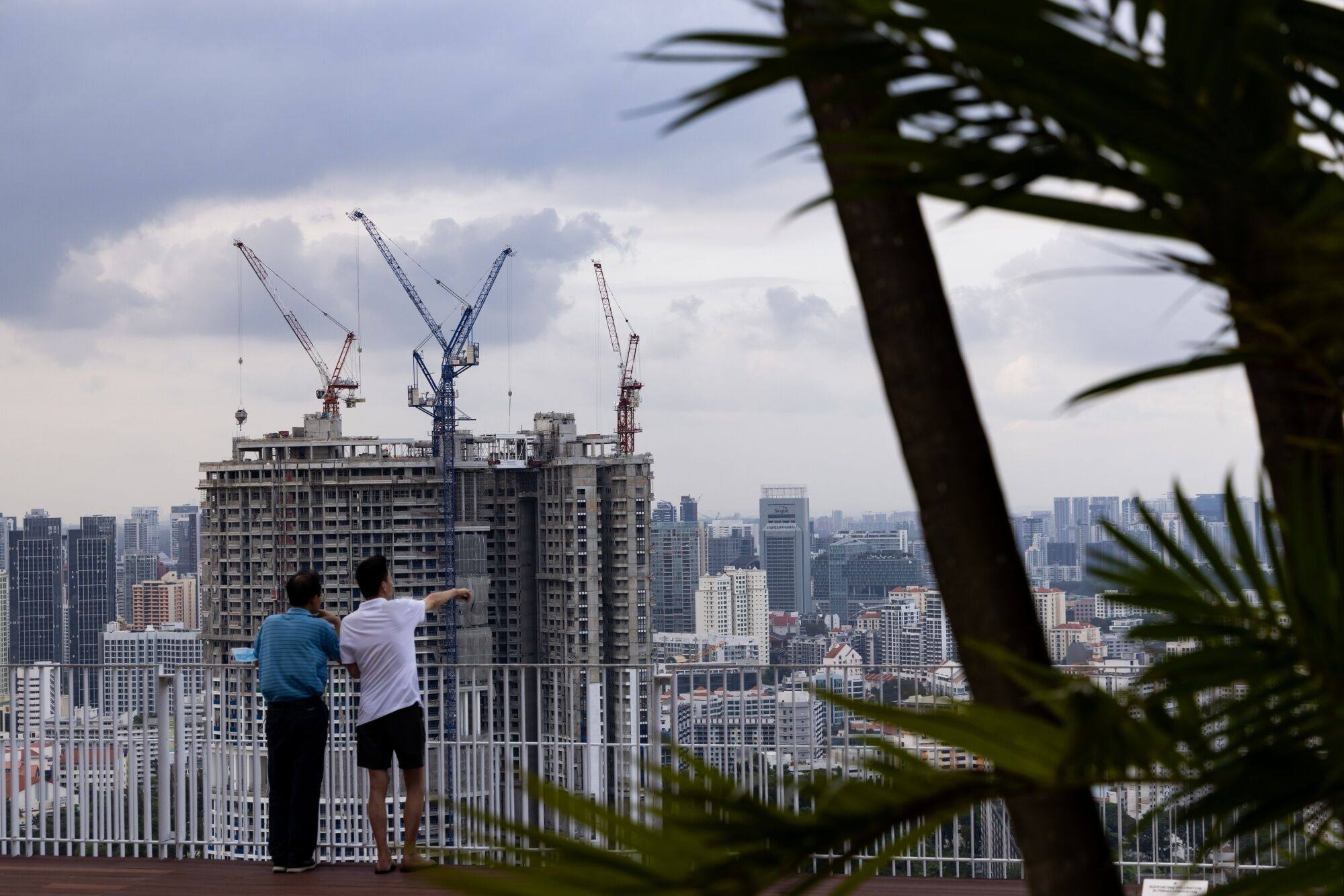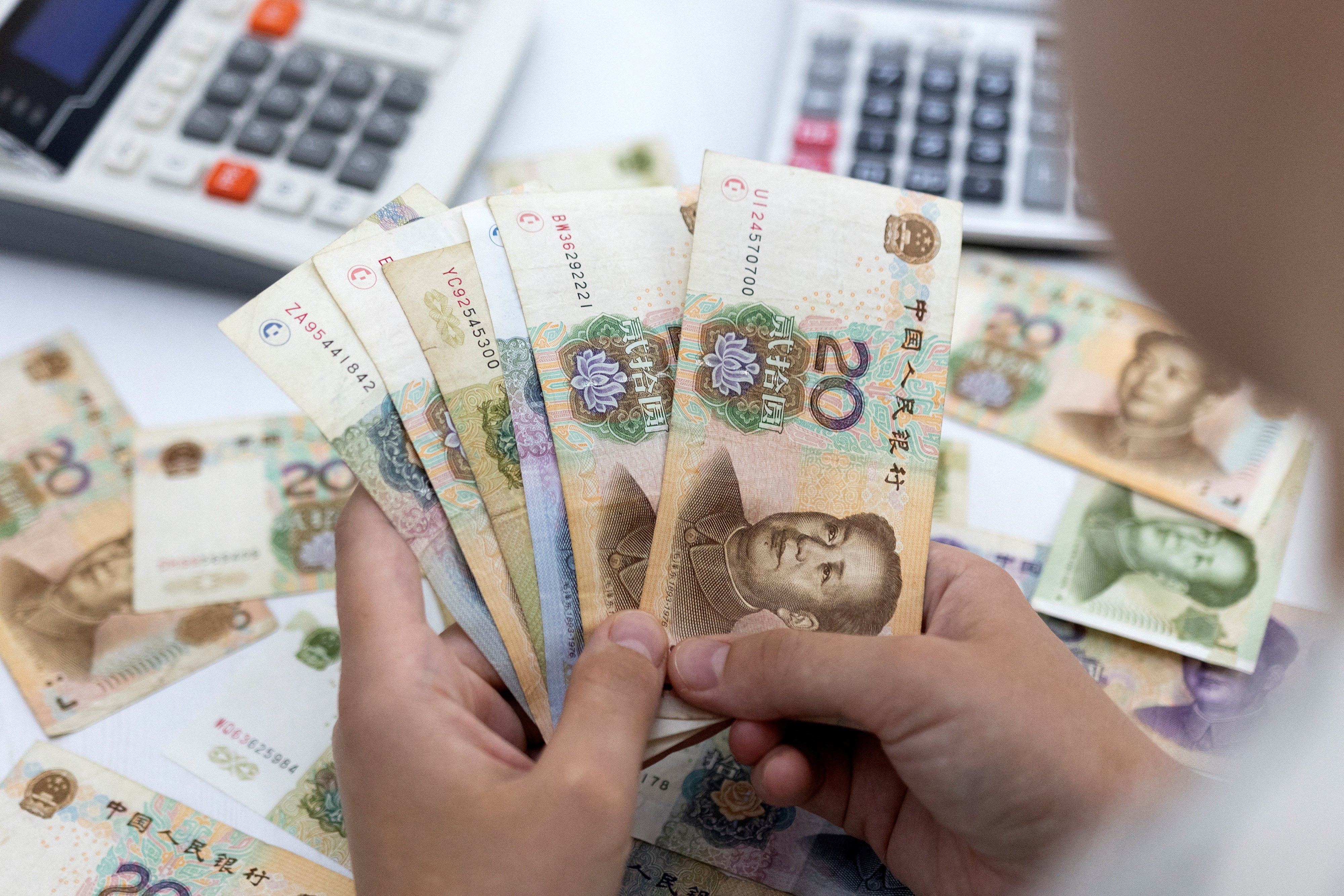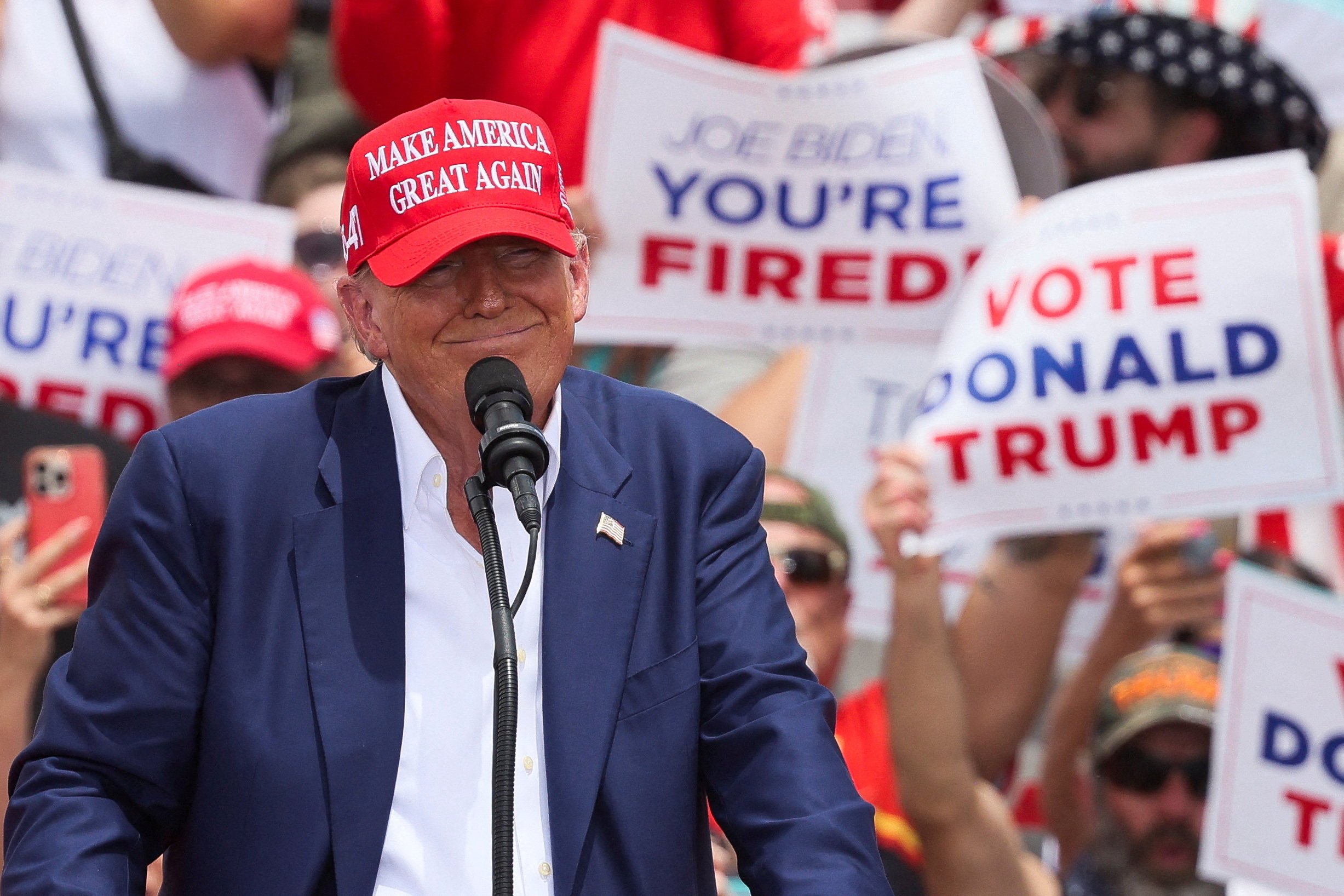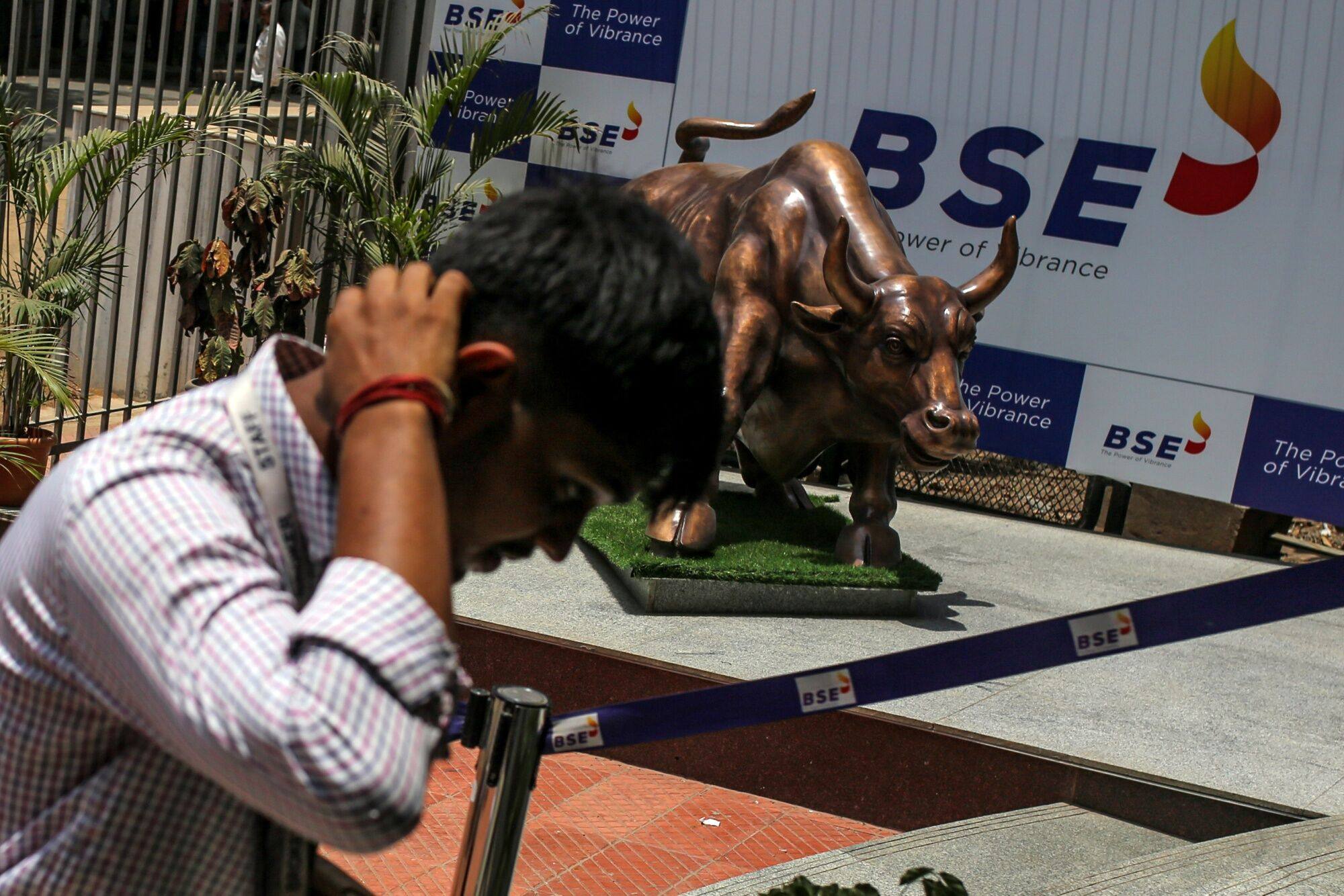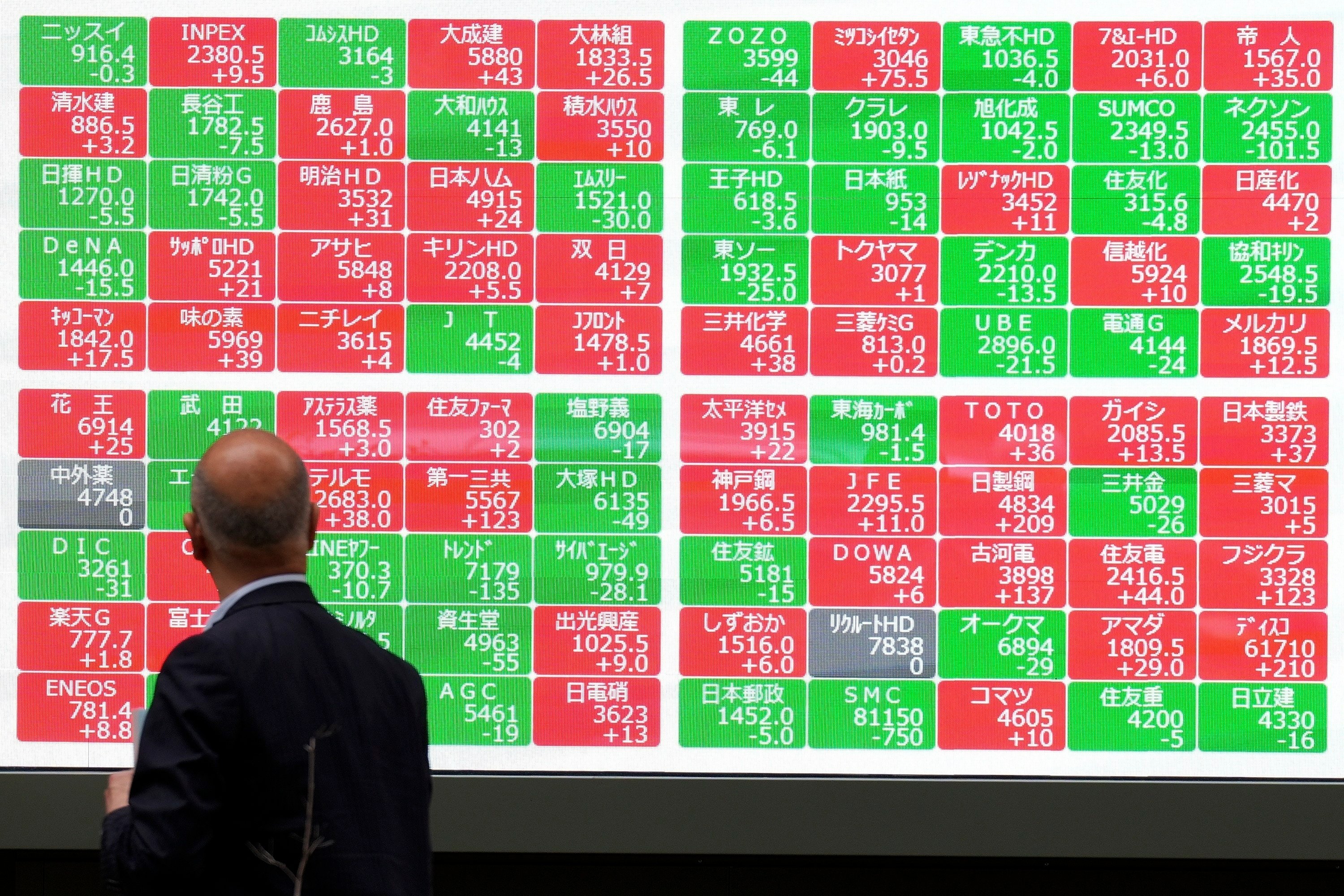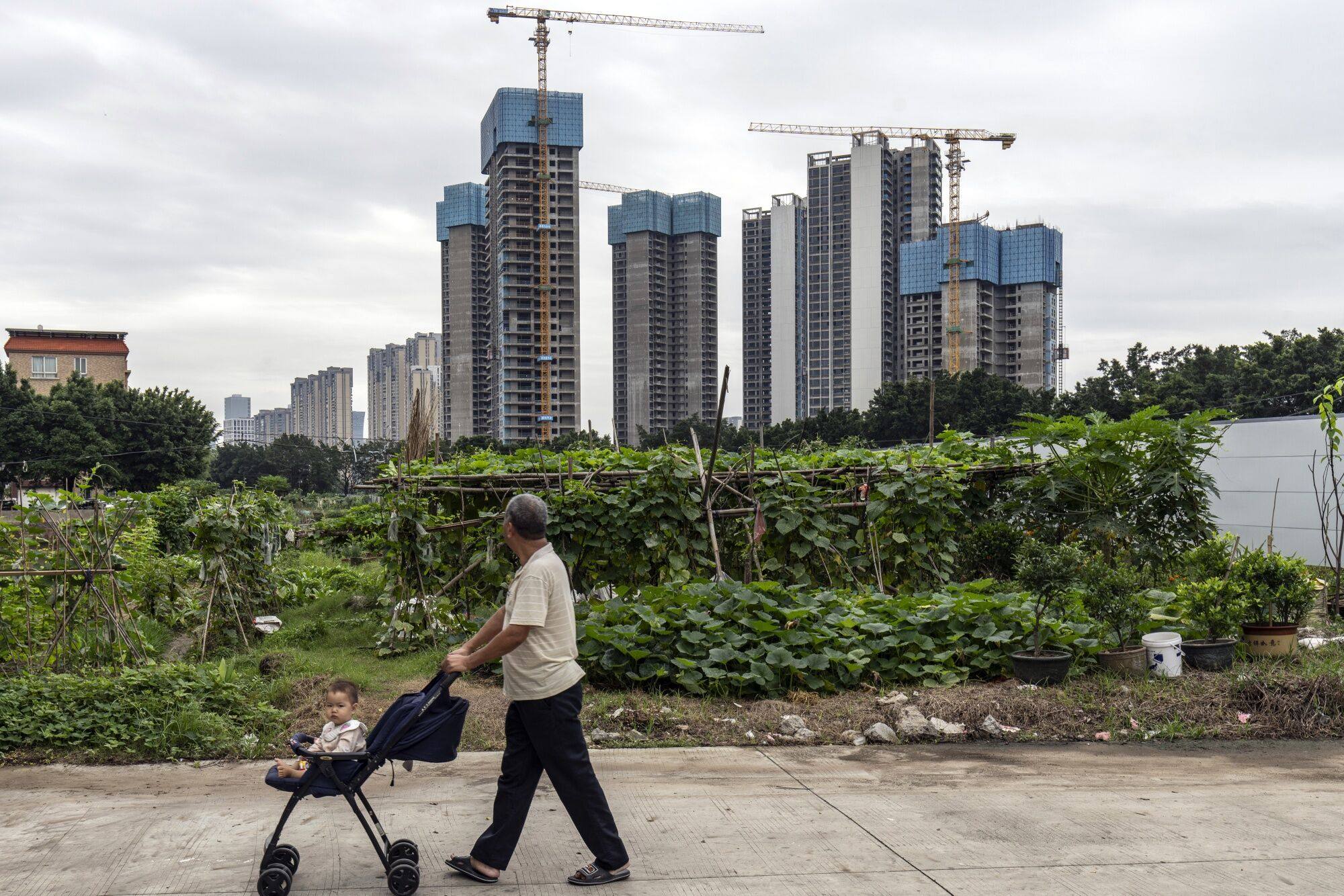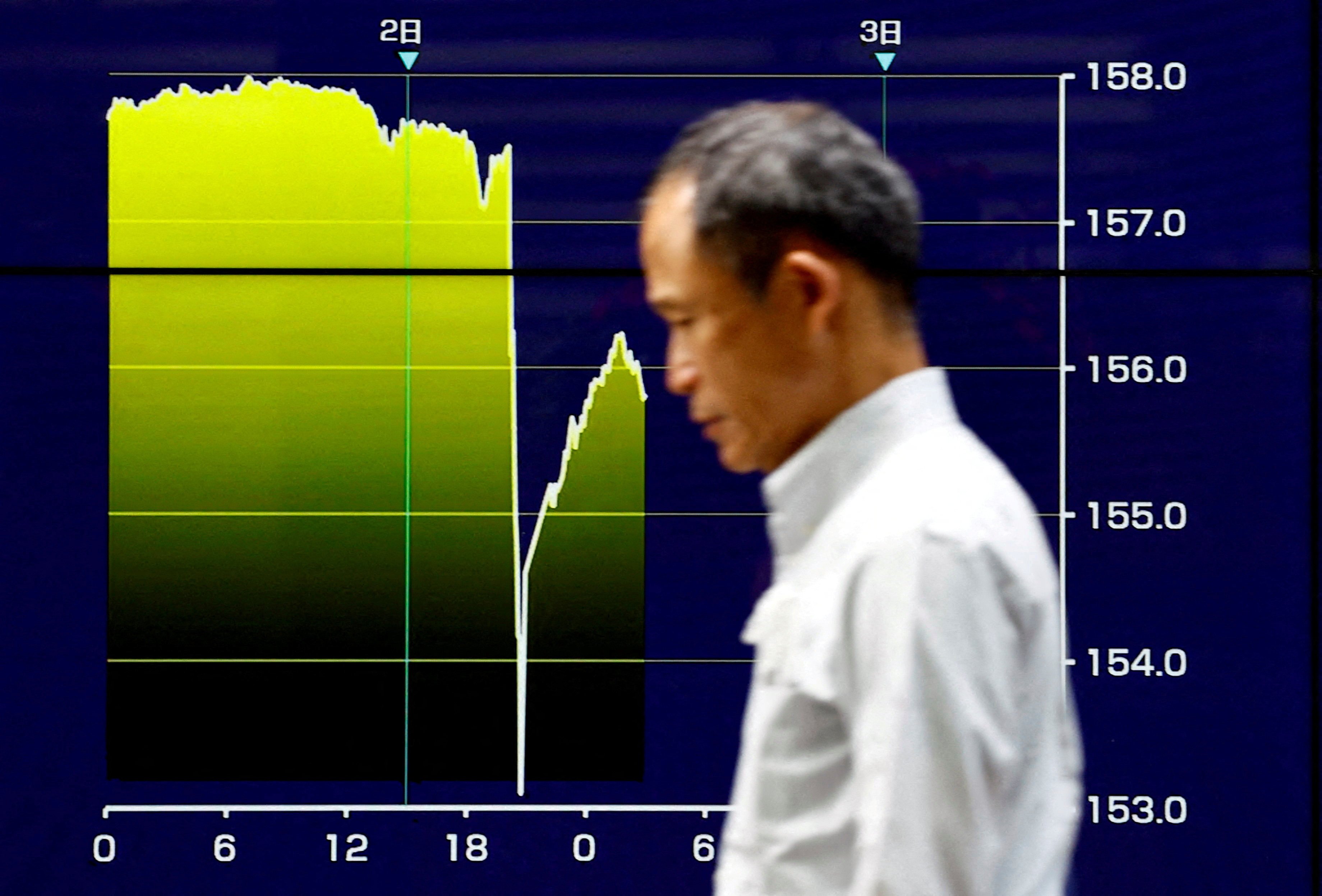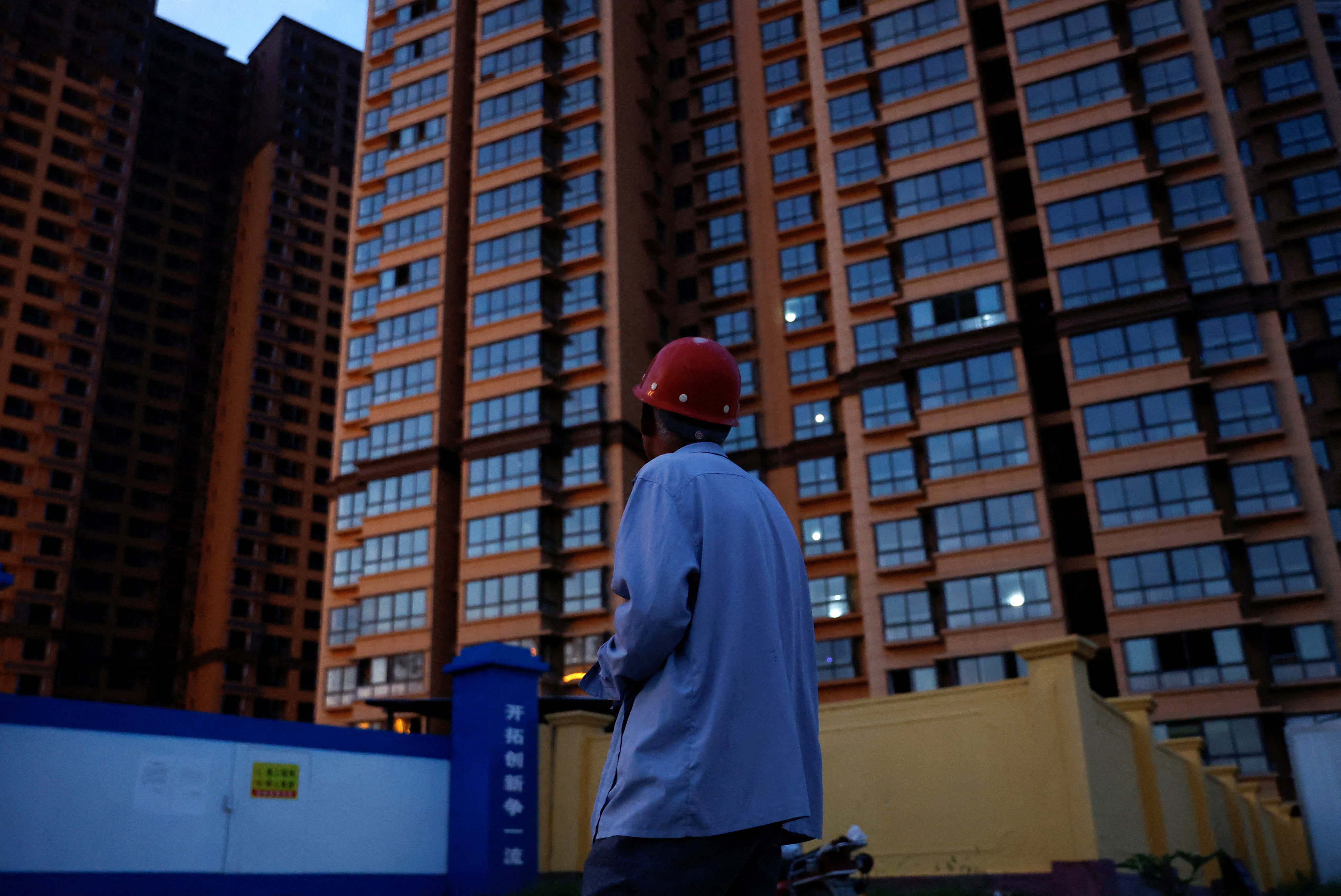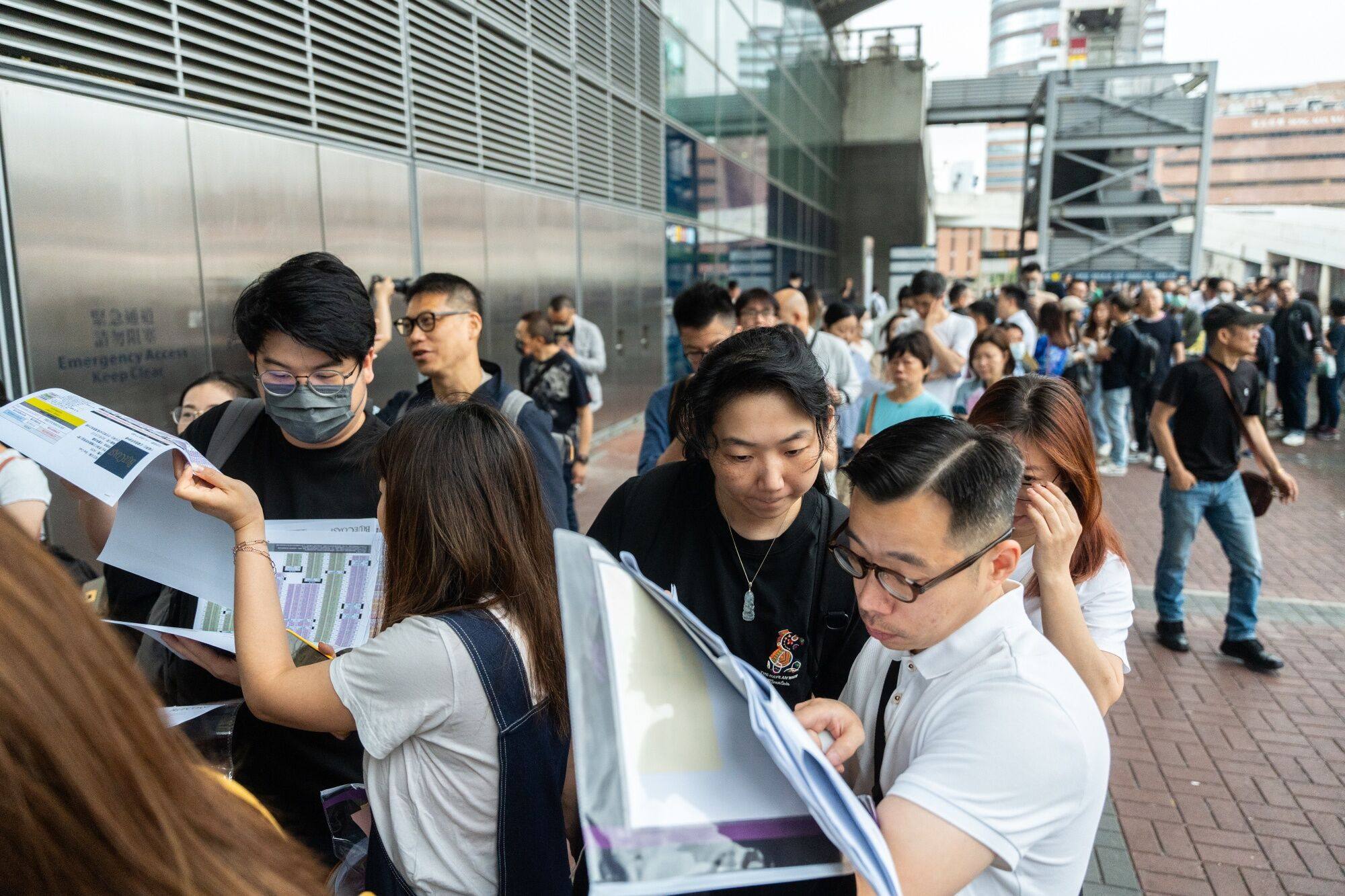
China’s trade surplus and deflationary policies propping up its push for hi-tech manufacturing mean a sharp US response is likely, whoever wins the November election.
The advantages that carried Asia’s office market through the Covid-19 pandemic are weakening amid a supply boom and shifting priorities.
While investors appear sure of a Trump victory, they have yet to come to terms with the far-reaching consequences of Trump’s re-election.
Unlike in Japan, Australia’s restrictive planning rules and housing policy constrain the market’s ability to respond to rising demand.
The political chaos and the sway of populist politicians in the US and France are no reason to overlook the many problems facing Britain.
While many investors would love to gain exposure to Asia’s data centre sector, few are willing or able to deal with its associated risks.
US and European politics are entering a new and much more dangerous phase that has major consequences for the global economy and markets.
Rental growth is a cause for concern in Asia’s residential property market, but it is also a key driver of returns in the commercial sector.
Rather than hugging a broad index or betting on a certain country, investors must be discerning and focus on themes and trends in each country.
The yuan is under strain from internal and external pressures, making the balancing act that China’s monetary policymakers are trying to manage even trickier.
Investors overlook the Philippines, but Southeast Asia’s fastest-growing economy is attractive, affordable and has more potential to unlock.
Political shocks during this year’s plethora of elections have roiled markets, but no source of political risk is greater than Donald Trump.
Hongkongers flocking to the mainland, a strong Hong Kong dollar and sharper competition weigh heavily on local retailers’ fortunes.
With policy continuity likely, strong fundamentals intact and pressure on the government to create jobs, investors’ optimism looks justified.
Australia’s migration-fuelled population growth has been a driving force behind increasing demand in the property sector. However, while immigration is being blamed for the housing crisis, the problem is linked more to limited supply, planning laws and the tax system
It is easy to be pessimistic about the world and the global economy, yet stock markets have hit record highs. Borrowing costs are coming down, growth is stronger than expected, tech stocks are thriving and investors are taking a glass-half-full approach.
Beijing’s forceful measures to stem the crisis in the housing market have contributed significantly to the improvement in sentiment around Chinese stocks. The recovery remains vulnerable without meaningful improvement in confidence in the housing market, but investors have reason to hope.
Despite lingering memories of the chaos and protectionism of Trump’s presidency, financial markets show little concern about him possibly returning to office. Investors who downplay the risks of Trump’s re-election ignore the threat he poses to democracy, the global trading system and the independence of the Federal Reserve.
Prices in Singapore’s public housing system are under growing scrutiny as million-dollar sales make headlines and raise fears over affordability. Those sales are outliers, though, amid the government’s efforts to keep speculative demand to a minimum.
Many investors believe the current rally in Chinese stocks is built on shaky foundations, but there are reasons to think this surge could last. Data beating expectations indicates a stabilising economy, markets seem convinced by Beijing’s policy moves and the rally not disconnected from domestic fundamentals.
The prospect of ‘higher for longer’ interest rates and a ‘stronger for longer’ US dollar has hit Asian markets particularly hard, with Japan an extreme example. The only way the dollar will fall meaningfully is if the US economy slows sharply and the Fed cuts rates sooner and at a faster pace than markets expect.
The crisis in China’s property market is severe enough for the government to show willingness to tackle the backlog of uncompleted pre-sold projects. While this is cheering news for many, uncertainty over the timing, scale and source of the funding remains.
Technical factors, like the unwinding of the ‘Asia ex-China’ trade, seem to be driving Hong Kong’s stock rally, as opposed to underlying fundamentals. In the longer run, the narrative around China’s economy and markets has to brighten considerably if Hong Kong stocks are to continue their recovery.
The big story in global foreign exchange markets right now is the continued slide in the yen, to a fresh 34-year low. As tourists in Japan buy luxury goods at a significant discount, retail rents and hotel rates are also up.
China’s campaign to improve the financial performance of listed SOEs comes as Japan’s stock market is benefiting from corporate governance reforms. However, China is not Japan. Beijing is battling a structural downturn, and corporate governance reforms alone are not going to turn sentiment around.
While some Asian property markets have seen sharp declines in prices and transactions, borrowing costs are not the only factor at play in the region. The supply-demand imbalance, for one, is just as important, if not more so.
If investors are indeed concerned about geopolitics, their fears are not reflected in the market as equity investments remain at all-time highs. Escalation between Iran and Israel would disadvantage emerging market currencies, fan inflation and widen the gap between asset prices and the real economy.
While Asia’s property markets have no shortage of stories, some of the most consequential are also among the most overlooked by investors. The strength of Seoul’s office market, more affordable luxury residential property and Japanese investment in Australian property all merit greater attention.
While China’s downturn tops the list of risks in developing economies, less attention is paid to the difficulties in sustaining India’s boom. Yet India’s weaknesses, such as a low labour participation rate, a lack of jobs and a large fiscal deficit, should not be overlooked.
Hong Kong’s move to scrap long-standing cooling measures in February was a breath of fresh air at a time when other markets are turning inward. The city deserves credit for adopting a contentious policy while Canada, Singapore, Australia and others are making life harder for foreign homebuyers.




